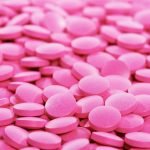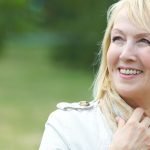“Age-Less” Medicine: Interview With Ronald Klatz, MD, DO
Mark Swanson, ND
Our distinguished guest for this month’s segment of the Expert Report is Dr Ronald Klatz, MD, DO. He is widely regarded as the physician founder of the new clinical science of antiaging medicine. As a world-recognized authority on preventive medicine and advanced biotechnologies, Dr Klatz is an innovator of new medical treatments, technologies, and therapeutics focused on forestalling the diseases of aging. Dr Klatz is cofounder and president of the American Academy of Anti-Aging Medicine (A4M [www.worldhealth.net]), the world’s largest nonprofit scientific society of physicians and scientists dedicated to improving and extending the healthy human life span.
Dr Klatz, please share with us your educational background and current position.
I received my doctor of osteopathic medicine and surgery (DO) degree in 1981 from the University of Osteopathic Medicine & Health Sciences, Des Moines, Iowa, and doctor of medicine (MD) degree in 1997 from Belize Medical College at the Central America Health Sciences University. As president of the American Academy of Anti-Aging Medicine, overseeing our AMA/ACCME [American Medical Association/Accreditation Council for Continuing Medical Education]–approved continuing medical education programs plays a major role. Over 100 000 physicians, health practitioners, and scientists from 110 countries worldwide have participated. I am also the medical advisor to the A4M educational Web site, www.worldhealth.net, with an Internet audience exceeding 500 000 viewers.
As a foremost authority in antiaging medicine, please share the official definition.
Antiaging medicine is a clinical specialty founded on the application of advanced scientific and medical technologies for the early detection, prevention, treatment, and reversal of age-related dysfunction, disorders, and diseases. It is a healthcare model promoting innovative science and research to prolong the healthy life span in humans. As such, antiaging medicine is based on principles of sound and responsible medical care that are consistent with those applied in other preventive health specialties. The phrase “anti-aging” as such relates to the application of advanced biomedical technologies focused on the early detection, prevention, and treatment of aging-related disease.
What does antiaging medicine seek to achieve?
The goal of antiaging medicine is not to merely prolong the total years of an individual’s life but to ensure that those years are enjoyed in a productive and vital fashion. When I cofounded the American Academy of Anti-Aging Medicine in 1992, we established the field of antiaging medicine as a direct extension of sports medicine. Just as sports medicine aims to keep the athlete’s body functioning at its optimum level, antiaging medicine seeks to keep the body functioning at its peak. In other words, the similar principle of extending and maximizing the healthy human life span is at the core of both antiaging medicine and sports medicine.
Why is antiaging medicine now one of the hottest trends in healthcare today?
The exponential growth in the popularity of antiaging medicine is largely a result of the global demographics shift towards a swelling aging population. Around the world, people are seeking medical guidance for ways to stay healthy, active, and vital well into their older years. As a result, the principles of the antiaging medical model are gaining rapid and widespread acceptance as a framework for lifelong habits for healthy living.
Why are more physicians and health practitioners joining the antiaging medical movement?
In simplest explanation without elaborating on each, there are 3 primary reasons:
- The disease-based approach to medicine is not only costly, it is ineffective.
- Physicians are discontent with the business of medicine’s shortcomings for its lack of prevention and health focus opting more for a philosophy of disease fixation.
- The climate of the practice of medicine is daunting and overwhelming in its traditional model.
How can antiaging therapies beneficially affect the aging process?
As we age, changes take place in our body systems. Cellular processes slow down, and our organs and tissues become less robust in performing their tasks and functions. From head to toe and beginning as early as the second decade of life, our body systems begin to demonstrate senescence signs of old age. An understanding of these age-related declines enables us to better grasp the potential for contemporary medical discoveries and applications of biomedical technology to retard or reverse the otherwise inevitable process of senescence. In other words, if we choose to sit back and do nothing about it, we let the process of aging engulf and ultimately end our lives long before necessary.
The 10 key systems in the body that age are metabolic, endocrine, immune, cardiovascular, GI [gastrointestinal], reproductive, nervous, brain, muscular, and sensory. While until now the declining performance in these biological processes has been accepted as a “natural” part of aging, in the antiaging medical model we no longer consider the declines as inevitable. Antiaging medicine addresses aging as a treatable medical condition, aiming to reduce or eliminate the disabilities, diseases, and dysfunctions we have grown used to assuming are a part of growing older.
What are the primary antiaging therapeutic interventions?
Antiaging medicine is a lifestyle; there are no “magic bullet” medicines. As we age, a series of biological changes take place in the body. Antiaging physicians seek to understand these age-related declines in order to enable a better grasp of the potential for contemporary medical discoveries and applications of biomedical technology to retard or reverse the otherwise inevitable process of senescence.
The antiaging lifestyle can add 24.6 more years of productive life span.1,2 I propose that the distinguishing characteristic of this study population’s [Asian-American women residing in Bergen County, New Jersey] added longevity is the subjects’ ability to avail themselves of the armament of state-of-the-art biomedical technologies in advanced preventive care, including preventive screenings, early disease detection, aggressive intervention, and optimal nutrition—all of which are cornerstones of the antiaging medical model. Not smoking is an obvious major factor in achieving longevity as well.3
A4M is the leading organization spearheading the acceptance and accessibility of antiaging medicine worldwide. Please elaborate on this.
The American Academy of Anti-Aging Medicine is among the fastest growing medical societies in the world today. Founded in 1992, the A4M serves as an advocate for the new clinical specialty of antiaging medical science and acts as a conduit to physicians, scientists, and the educated public who wish to benefit from the almost daily breakthroughs in biotechnology which promise both a greater quality as well as quantity of life. As far as the global culture of adoption of antiaging medicine, the A4M has been a major force in advancing the medical specialty worldwide. The A4M has been responsible for positioning the antiaging clinical medical specialty as a leading innovative paradigm for healthcare in the aging nations around the world.
How is naturopathic medicine currently a part of antiaging medicine?
The A4M supports the practice of natural health therapeutics by licensed physicians of all medical specialties. At the A4M congresses on antiaging medicine, the world’s premier continuing medical education programming in advanced preventative medicine, many internationally renowned speakers have presented extensive data reaffirming the validity of natural medicine, including nutritional therapies and other nontoxic approaches, such as those advanced by naturopathy. As such, our delegates embrace naturopathic therapies, and many of them return to their practices and engage these approaches safely and effectively, to the benefit of their patients.
How do you see the involvement of naturopathic medicine in antiaging medicine growing?
Natural medicine, including nutritional therapies and other nontoxic approaches, such as that advanced by naturopathy, is a cornerstone of antiaging medical therapeutics. Because these approaches have proven to be extremely effective and absent of significant contraindications or adverse effects that would justify further restrictions to their availability, natural medicine upholds the antiaging medical commitment to safe and responsible patient-centric medical care. The A4M welcoming supports the exploration of educational programming in naturopathic principles, as well as the potential for academic affiliations with the leading accredited naturopathic colleges across the country.
Can naturopaths become members of A4M? Where may NDs receive education and training in the antiaging medical specialty?
We encourage NDs to become members. The A4M’s Annual World Congress on Anti-Aging Medicine and Biomedical Technologies, now in its 19th consecutive year, is the premier in-session learning environment for physicians and health practitioners seeking to expand their knowledge in this area of advanced preventative medicine.
What are the postgraduate programs in antiaging medicine that naturopathic physician members can attend and receive certifications?
Through the American Board of Anti-Aging & Regenerative Medicine (ABAARM) and the American Board of Anti-Aging Health Practitioners (ABAAHP), the A4M credentials physicians and health personnel, including licensed naturopaths, in the antiaging medical specialty. Today, there are more than 3000 physicians and health practitioners certified by, or in process with, the ABAARM and ABAAHP programs. We also invite ND members to enroll in the Fellowship in Anti-Aging and Regenerative Medicine, the Fellowship in Integrative Cancer Therapy, and the Aesthetic Anti-Aging Fellowship, each of which provide intensive hands-on training from experts in these fields. Today, there are more than 5000 physicians and health practitioners involved in these A4M cosponsored postgraduate medical education programs.
One hundred years from now, what will we say was the antiaging medical specialty’s greatest contribution to medicine?
A prolonged healthy and vibrant life span. In that antiaging medicine is a healthcare model promoting innovative science and research to prolong the healthy life span in humans, I believe that the field’s most important contribution will be in the reduction of disabilities, diseases, and dependencies otherwise associated with our aging populations.
Conclusion
Thank you, Dr Klatz, for “anti-aging” our readers with this very informative interview on A4M and the opportunities for our profession to participate in and become educated about this important and dynamic healthcare model and the encompassing specialty.
References
1. Pérez-Peña R. Bergen County, N.J., is long in longevity. New York Times. September 12, 2006. http://www.nytimes.com/2006/09/12/nyregion/12longevity.html. Accessed March 24, 2011.
2. Groves B, Hsu E. Asian women in Bergen have nation’s top life expectancy. Free Republic. September 12, 2006.
3. van Dam RM, Li T, Spiegelman D, Franco OH, Hu FB. Combined impact of lifestyle factors on mortality: prospective cohort study in US women. BMJ. 2008;337:a1440. doi:10.1136/bmj.a1440. Medline:18796495.










